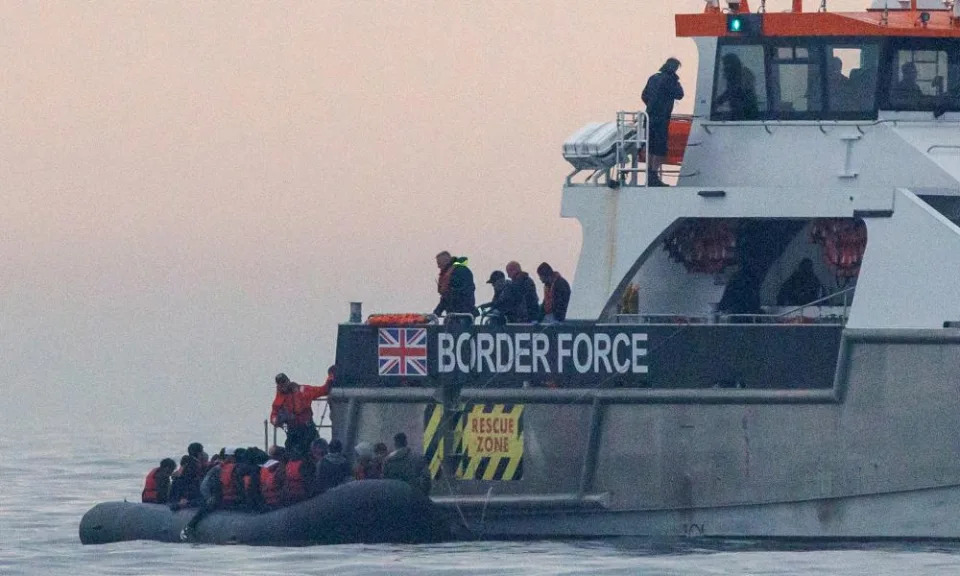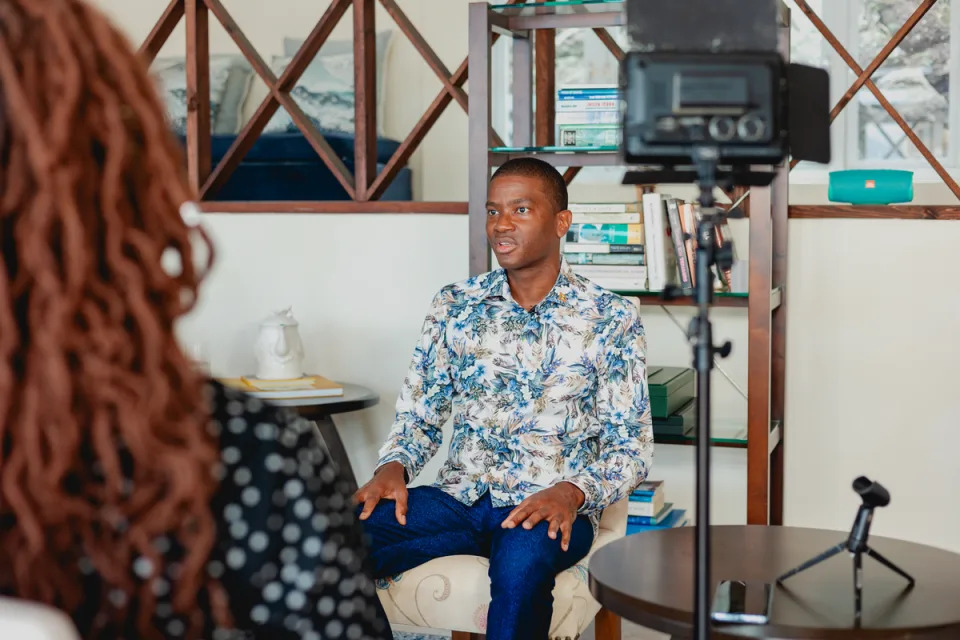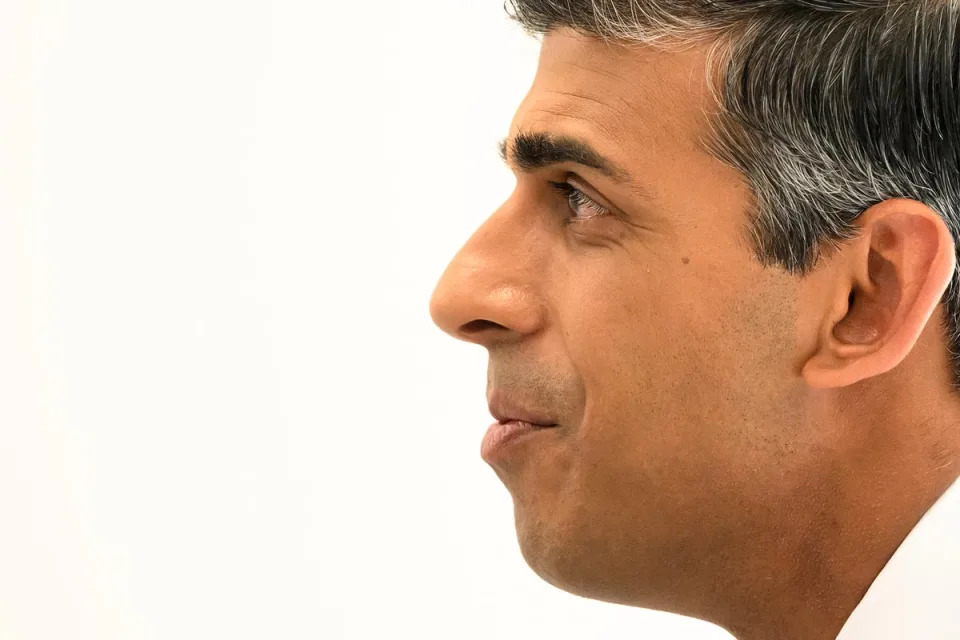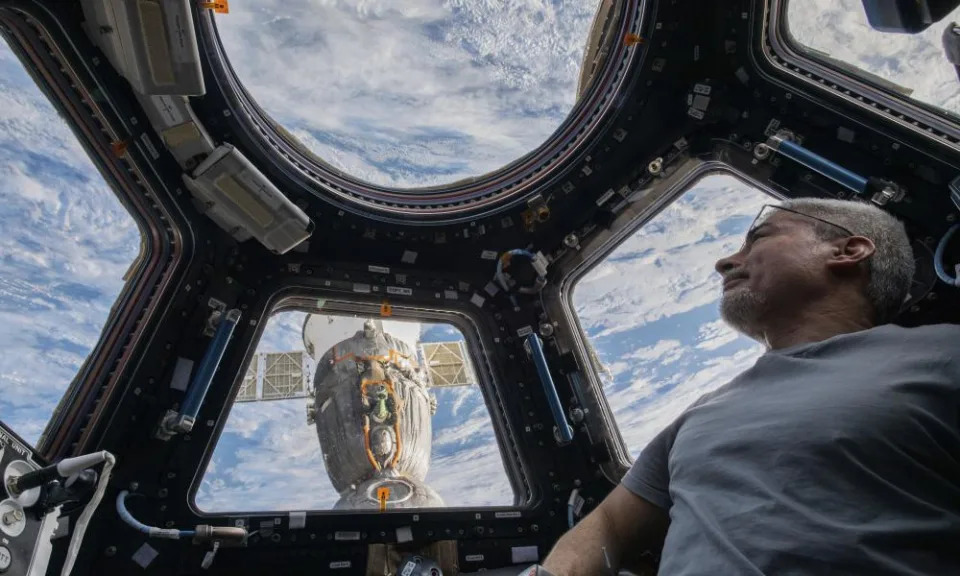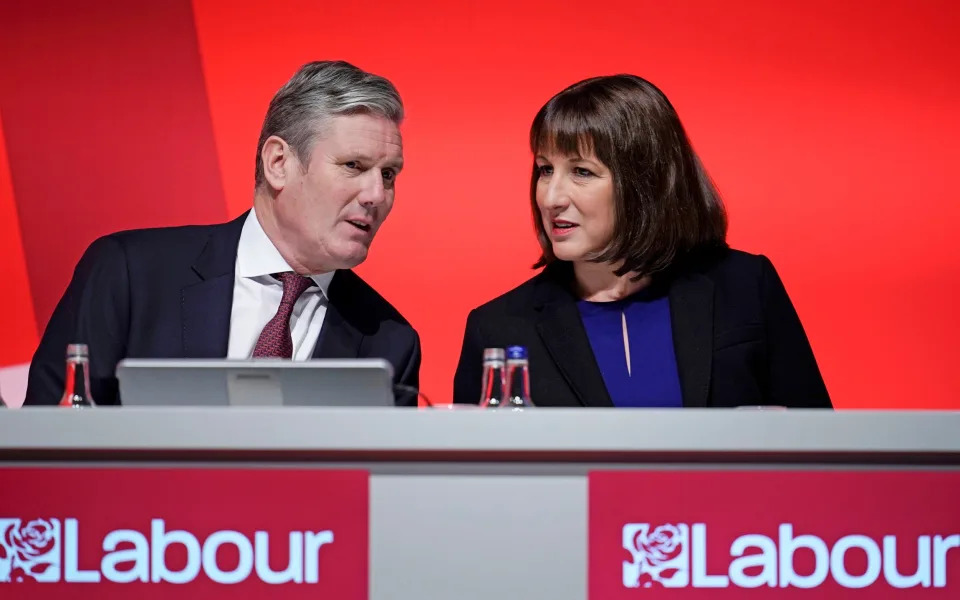Tara Cobham and Jane Dalton
Sun, 27 August 2023

‘Incredibly poor’ British Museum security let thief take valuables over years, ex-curator claims
A former curator at the British Museum has claimed security there was “incredibly poor”, which led to the theft of hundreds – and possibly thousands – of precious artefacts.
And a second expert has told The Independent a colleague raised concerns to the museum numerous times as far back as 2020, after spotting certain items for sale on eBay.
The London institution was rocked by scandal last week when it emerged that irreplaceable treasures had vanished from its vaults.

Hartwig Fischer has now quit as the museum’s director over the handling of the matter (Benedict Johnson/The British Museum/PA Wire)
Its director Hartwig Fischer resigned on Friday, admitting the museum “did not respond as comprehensively as it should have in response to the warnings in 2021, and to the problem that has now fully emerged”.
Mr Fischer is the second scalp the scandal has claimed so far. Last month, the head of the museum’s department of Greece and Rome was sacked after the disappearance of the ancient and antique items, such as gold jewellery, glass and semi-precious stones. Thought to be worth tens of millions of pounds, most had been kept in a storeroom.
Antiquities expert Peter Higgs denied having stolen the artefacts, with his family protesting his innocence.
The Metropolitan Police have interviewed a man, but no-one has been arrested.
Now an ex-curator in a different department has claimed scores of other conservators, specialists and researchers may go into any storeroom in the same week or even on the same day with no oversight of cataloguing, leaving invaluable items at risk.
“The British Museum really does need to review its security policy,” the former member of staff, who did not wish to be named. told The Independent.

Antiquities expert Peter Higgs, 56, who was sacked, denied being responsible (Brick Classicists Empire)
“Cataloguing was incredibly spotty. Each object does have a number and designated place in the store, but in probably most cases that’s all they have... The stores are alarmed but not otherwise monitored.
“I would call up security, tell them which room I was entering, get the key and that’s all I needed to do to have access to a huge range of objects.
“Many of the collections are stored in the same rooms as others so if a person were dishonest they would have the cover of knowing that scores of other curators, conservators, specialists and researchers would have been in that room in the same week or even day.”
The ex-curator told how she was never required to let anyone know which objects she was working with on any day.
Experts put tags in drawers when removing items, but there was no oversight of that, she said.

Mr Higgs’ family came out in his defence, insisting his name had been “dragged through the mud” (Sourced)
Pay in the sector, and particularly at the museum, is so poor that many experts with world-class reputations “end up making tough decisions about having children or eating”, she claimed, adding: “And when you’re that desperate, things can go wrong”.
“A lot of my colleagues are barely making enough for rent, particularly with the cost-of-living crisis. At the British Museum this was brought up by the supervisor of my line manager at nearly every departmental meeting.”
Calling the museum’s security “incredibly poor”, she further suggested Mr Higgs was innocent.
“He also wouldn’t have had a lot of control,” she said. “Even if he knew it was happening, which is incredibly doubtful unless he was directly involved, I don’t think he could have himself even sacked the responsible party without showing clear evidence of what had happened.”

Museum bosses have launched an independent investigation (Getty Images)
Separately, a leading expert on Roman art at the University of Oxford said a colleague had alerted museum bosses to eBay listings, but was “constantly apparently getting nowhere with the museum and getting very upset as a consequence”..
Professor Martin Henig told the Independent he believed reports that up to 2,000 items vanished over several years.
“To my eyes, these were major treasures of perhaps inestimable value, a window into ancient life. It is equivalent to ransacking a room in an art gallery,” he said.
He agreed with the former curator there had been cataloguing failures, especially of smaller items.
“The British Museum has been rather negligent with this aspect of the collection,” he said, claiming “neglect” and “disregard” of the gem collection ultimately led the thief to think they could “get away with most things”.
The professor said the collection of at least 4,000 Greek and Roman items alone in 1926 contained “superb” material. “Having worked on this material for over 50 years, though not from the Greek and Roman Gallery, I am heartbroken.”

The museum, which houses the Parthenon Marbles, also known as the Elgin Marbles, needs to “tighten security” (AFP via Getty Images)
Suggesting the delay could have been due to fears the scandal would “upset the institution”, Prof Henig said: “The British Museum should have acted [when my colleague flagged the thefts] and clearly didn’t, so there is moral culpability more widely and probably higher up.”
An eBay spokesperson said it supported the police investigation, adding: “eBay does not tolerate the sale of stolen property. If we identify that a listing on our site is stolen, we immediately remove it and work with law enforcement to support investigations and keep our site safe.”
A British Museum spokesman said: “Our new research-and-storage facility outside Reading, the British Museum Archaeological Research Collection, allows us to document parts of the collection with unprecedented precision. Projects already under way to digitise and better document the collection will fully modernise our record-keeping.
“We take the care of all the objects in our collection extremely seriously, and thankfully incidents of this kind are incredibly rare.
“We have already tightened security arrangements and launched an independent review to fully understand what happened.
“This review will also make recommendations about further measures to ensure this doesn’t happen again. The independent review will conclude this year and we will publish the recommendations.”
On the director’s resignation, George Osborne, a trustee chairman, said: “The trustees will now establish an interim arrangement, ensuring that the museum has the necessary leadership to take it through this turbulent period as we learn the lessons of what went wrong, and use them to develop plans for a strong future.
“I am clear about this: we are going to fix what has gone wrong. The museum has a mission that lasts across generations.
“We will learn, restore confidence and deserve to be admired once again.”
Gordon Rayner
Sat, 26 August 2023

Dr Jonathan Williams mused that the jewel might have been damaged during the war - Mattis Kaminer/Alamy
An antiquities dealer contacted Jonathan Williams, deputy director of the British Museum, in 2020 with evidence that a Roman jewel he had bought belonged to the institution.
When he returned the artefact in May 2021, after the lifting of Covid restrictions, he says that his concerns were dismissed because the piece had been listed as missing since 1963.
The plasma portrait of a young man also had a piece missing, raising the possibility that a thief had broken it when removing it from its setting, but Dr Williams mused that it might have been damaged during the war.
The item is now thought to be one of more than 2,000 objects that may have been stolen over more than a decade, many of which were sold on eBay.

Ittai Gradel, the Danish antiquities expert whose warnings were ignored - Matthew James Harrison
A museum source said: “We believed it had been missing since 1963, so had no reason to believe it was as a result of theft.”
The claim came after George Osborne, a former Conservative Cabinet minister, issued an apology to the nation and blamed “groupthink” for senior management’s failure to face up to the scale of the scandal of artefact thefts from the museum.
Mr Osborne, who is chairman of the British Museum’s trustees, said some missing items had been recovered, but conceded that hundreds more may have been stolen from its vaults and added: “On behalf of the British Museum, I want to apologise for what has happened. We believe we’ve been the victim of thefts over a long period of time and, frankly, more could have been done to prevent them.
“But I promise you this: it is a mess that we are going to clear up. I can tell you today that we’ve already started to recover some of the stolen items.”
Mr Osborne spoke after Hartwig Fischer, the director of the British Museum, resigned and Mr Williams “voluntarily stepped back” from his duties over their failure to uncover the theft of objects, despite years of warnings from whistleblowers.

George Osborne (left), chairman of the British Museum and Hartwig Fischer, former director - Dave Benett/Getty
Mr Fischer announced that he was quitting his role as director after seven years because the museum “did not respond as comprehensively” as it should have done when presented with a dossier of evidence in 2021.
He also expressed “sincere regret” for comments he made about Ittai Gradel, a Danish antiquities expert whose warnings were ignored, but whom Dr Fischer tried to blame for the delays.
Mr Osborne said the review will look into “what has happened not just in 2021, but for the many years before then, into how come the museum missed some of the signals that could have been picked up”.
The former chancellor said the estimate of 2,000 items stolen or missing was “a very provisional figure”.
Last week, the museum announced that it had sacked a member of staff, now known to be Peter Higgs, the acting keeper of Greek collections, after jewellery and gems were found to have gone missing. Mr Higgs denies any wrongdoing.
On Wednesday, Metropolitan Police officers investigating the case interviewed an unnamed man under caution.

